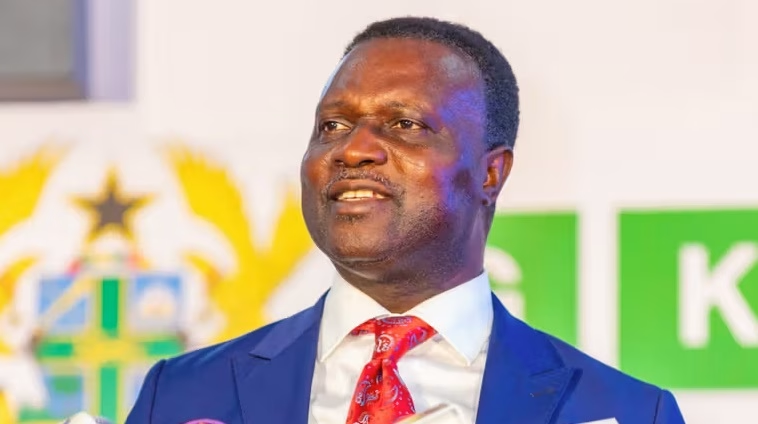Teacher unions in Ghana have suspended their planned demonstration, which was set for October 1 in the Greater Accra Region. This decision comes after a productive meeting between union leaders, Education Minister Dr. Yaw Osei Adutwum, and Ghana Education Service (GES) officials on September 30.
The meeting addressed concerns that led to the initial protest decision, including allowances for teachers in deprived areas. Dr. Adutwum presented documents showing preparations for payment, following data validation and approval. He also confirmed the government’s promise to increase the Professional Development Allowance (PDA) by 100%, with payments made in September.
Representatives from major teacher unions attended, including the Ghana National Association of Teachers (GNAT), National Association of Graduate Teachers (NAGRAT), Coalition of Concerned Teachers (CCT-GH), and GES management.
Previously, the unions highlighted unresolved issues from the Collective Agreement signed on May 24, 2024. These included negotiations on Deprived Area Allowances, promotions, and delayed Tier-2 pension payments.
After the meeting, union leaders urged members to refrain from participating in the demonstration, assuring them that their grievances were being addressed. This development indicates positive progress between the unions and the government in resolving teachers’ concerns.
The suspension of the demonstration is a significant step forward, reflecting the government’s commitment to addressing teacher concerns. With the PDA increase and payments made, teachers can expect improved working conditions.
Ghana’s education sector will likely see further improvements as the government works to resolve outstanding issues. The collaboration between teacher unions and the government is crucial for providing quality education.
The meeting’s outcome demonstrates the effectiveness of dialogue in resolving disputes. By engaging with union leaders, Dr. Adutwum helped address concerns and prevent the demonstration.
As the education sector moves forward, ongoing communication and cooperation will be vital in addressing teacher concerns and promoting a positive learning environment.




